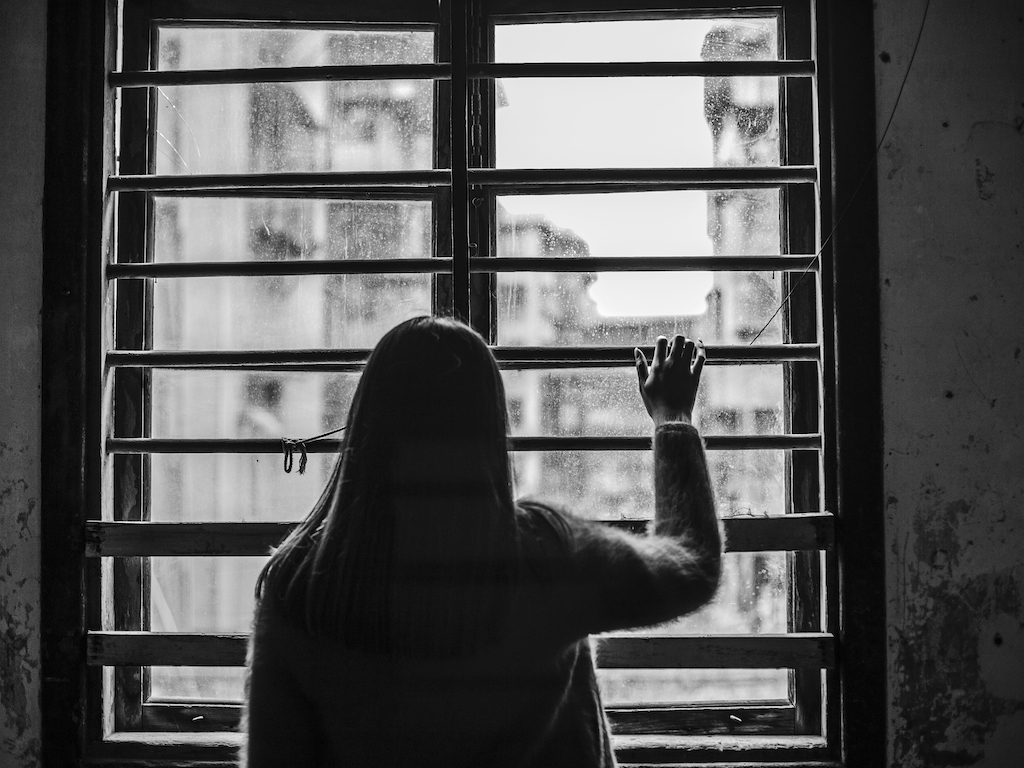4 Mins Read
Slavery is not a thing of the past. It still exists today, affecting millions across the world, including our home here in Hong Kong, where Kenyan domestic workers are trafficked and subjected to forced labour in the city.
In the past years, high-profile stories documenting the abuse of foreign domestic workers in Hong Kong, such as the cases of Erwiana Sulistyaningsih and Kartika Puspitasari have put modern slavery and forced labour into the spotlight. But there have been many, perhaps thousands of cases that have never been covered. The stories of these victims – of human trafficking, abuse, modern slavery – are more often than not hidden, lost and forgotten, especially amidst the dominant headlines surrounding months of protests followed by the global coronavirus pandemic.
Investigative work undertaken by Hong Kong nonprofit Migrasia has uncovered at least 5 known victims (and dozens more implicated) in a collective case of human trafficking and forced labour of Kenyan domestic workers.
In 2018, the Hong Kong government enacted an Action Plan to combat trafficking and enhance the protection of migrant domestic workers in the city. The plan outlines various measures, from mechanisms to “screen victims” to increasing penalties for offenders and providing witness immunity.
But what Migrasia has exposed is the depressing fact that Hong Kong isn’t just a regional transit hub for the global illegal trafficking trade. There is a systematic failure to protect victims at every turn. Kenyan victims of trafficking and forced labour who are fighting for their justice have been facing opposition at every single step of the way.
The stories of the women that Migrasia are currently working with are appalling cases of consistent exploitation by an agency which is still operating at large, unpunished and with near impunity.
Victims were deceived by an unscrupulous agency and lured into believing that the job that lies ahead of them will promise high salaries, long-term contracts and good living conditions. Unaware that agencies are bound by Hong Kong law to charge no more than 10% of the first month’s salaries, prospective workers were overcharged a fee of HK$24,000 to take up the “opportunity”, forcing them to undertake various loans and guarantee documents.
Upon arrival in Hong Kong, their passports were confiscated from them. They must work for a monthly salary, 90% of which is deducted until they pay off their loans – all the while being subjected to physical and verbal abuse. They are left with practically nothing. No phones, no holidays, no statutory days off that domestic workers are entitled to by law. Not even three meals in some cases. Some are not allowed to set foot outside their employer’s homes for months on end. They are stripped of their human rights and dignity.
While a handful of victims have stepped forward, Migrasia estimates that dozens from Kenya have been brought to Hong Kong by this particular agency alone. It is possible that more than 200 were involved, but the Hong Kong Immigration Department has not made available the statistics of entry visa applications for Kenyan and Nepalese nationals, despite an Access to Information request submitted by the organisation.
When at least 8 Kenyan nationals reported their case to the Employment Agencies Administration (EEA) and the Hong Kong Police Force in addition to the Immigration Department in 2018, no concrete action has been taken to stop the perpetrating agency from its illegal operations, from facilitating modern slavery to suspected laundering of the funds they illicitly took from the victims.
There has been no investigation, no prosecution, no warning letter issued.
In fact, victims were threatened with arrest when they explained to the authorities that the agency had forged some of their employment documents. Even when the individuals were identified as victims of trafficking by the United Nations-affiliated organisation International Organisation for Migration (IOM), no conclusive law enforcement actions were taken by the Hong Kong authorities.
And now, not only are low-wage earners and disadvantaged groups in Hong Kong disproportionately exposed to the impact of the the coronavirus pandemic, those who have been harmed by the fraudulent agency are being pushed even further away from the justice they deserve. “The most vulnerable in society are now even more at risk due to Covid-19. Victims of abuse are having difficulty accessing justice. Hong Kong’s courts have been practically shut down and cases are being pushed over and over again,” explained David Bishop, co-founder of Migrasia, lawyer and principal lecturer at the University of Hong Kong.
The Hong Kong system should have sprung into action when authorities were first notified of alleged modern slavery. But it didn’t – it failed to protect some of the most exploited people in the city where help is needed the most.
Despite the uphill battle, organisations like Migrasia are still advocating for change and are actively working to bring justice for the marginalised. Last year, 80% of the Hong Kong government’s successful prosecutions relating to migrant workers and forced labour – including the most recent arrests of job scammers targeting foreign domestic helpers – were brought forward by Migrasia. They have also developed the Know Your Agency app to visualise the scale of the problem and educate the community.
But we cannot rely on civil society organisations alone. The Kenyan cases of human trafficking are just one of many cases where people suffer horrific conditions of abuse and modern slavery passing through or happening in Hong Kong. Across wider Asia, there are 11.7 million people in forced labour conditions.
Without systematic change in the city to eliminate its role in the underground market, there will only be more hidden victims left in the dark.
Lead image courtesy of Freepik.




